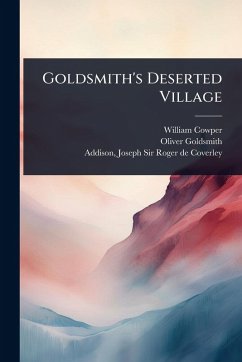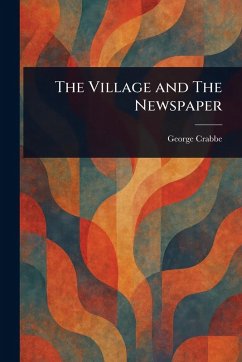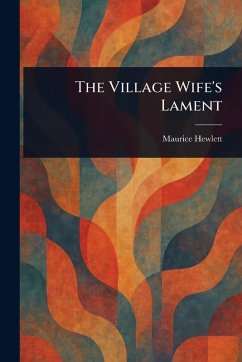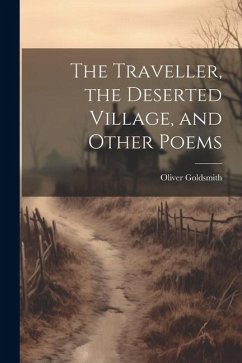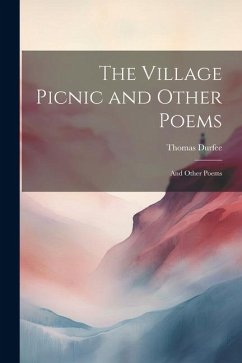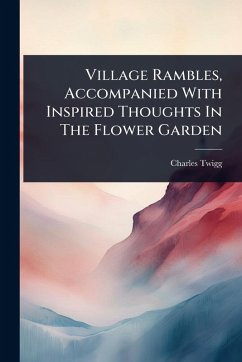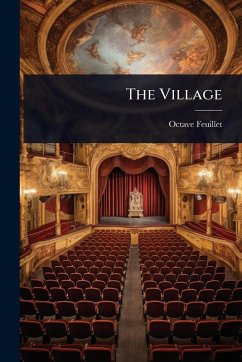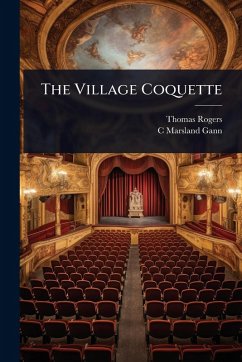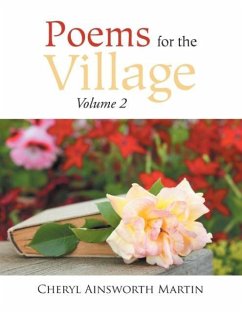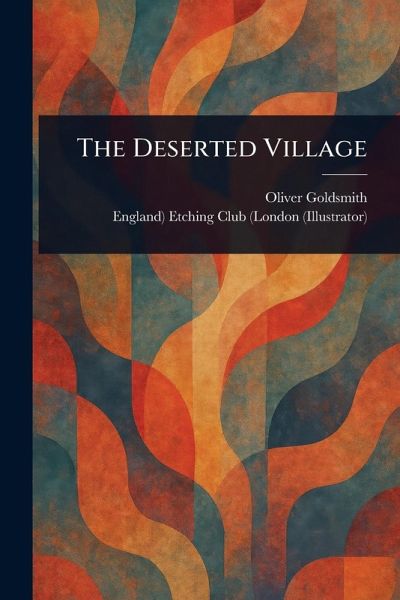
The Deserted Village
Versandkostenfrei!
Versandfertig in über 4 Wochen
14,99 €
inkl. MwSt.

PAYBACK Punkte
7 °P sammeln!
Oliver Goldsmith's "The Deserted Village" is a poignant and enduring work of 18th-century English poetry, offering a powerful reflection on the changing landscape of rural life. This classic poem explores themes of loss, displacement, and the impact of modernization on traditional village communities. Goldsmith's vivid imagery and heartfelt verses paint a portrait of a once-thriving village now fading into memory. A significant contribution to English literature, "The Deserted Village" provides valuable insights into the social and economic forces shaping 18th-century England. Through evocativ...
Oliver Goldsmith's "The Deserted Village" is a poignant and enduring work of 18th-century English poetry, offering a powerful reflection on the changing landscape of rural life. This classic poem explores themes of loss, displacement, and the impact of modernization on traditional village communities. Goldsmith's vivid imagery and heartfelt verses paint a portrait of a once-thriving village now fading into memory. A significant contribution to English literature, "The Deserted Village" provides valuable insights into the social and economic forces shaping 18th-century England. Through evocative language, Goldsmith captures the beauty and simplicity of rural existence while lamenting its decline. This meticulously prepared edition preserves the integrity of the original text, making it an essential addition to any collection of classic poetry. A timeless exploration of village life and its vanishing way of life, this work continues to resonate with readers who appreciate the beauty and power of poetic expression. This work has been selected by scholars as being culturally important, and is part of the knowledge base of civilization as we know it. This work is in the public domain in the United States of America, and possibly other nations. Within the United States, you may freely copy and distribute this work, as no entity (individual or corporate) has a copyright on the body of the work. Scholars believe, and we concur, that this work is important enough to be preserved, reproduced, and made generally available to the public. We appreciate your support of the preservation process, and thank you for being an important part of keeping this knowledge alive and relevant.





